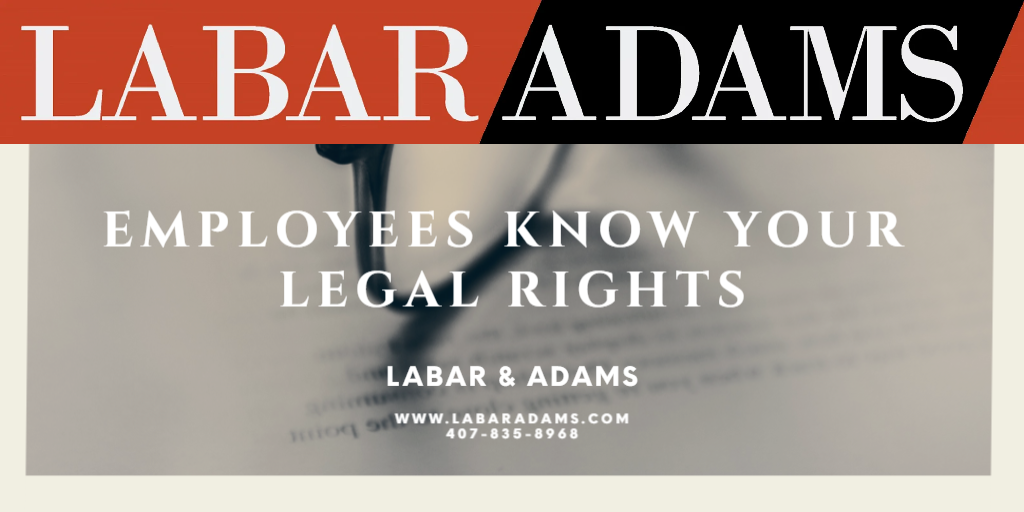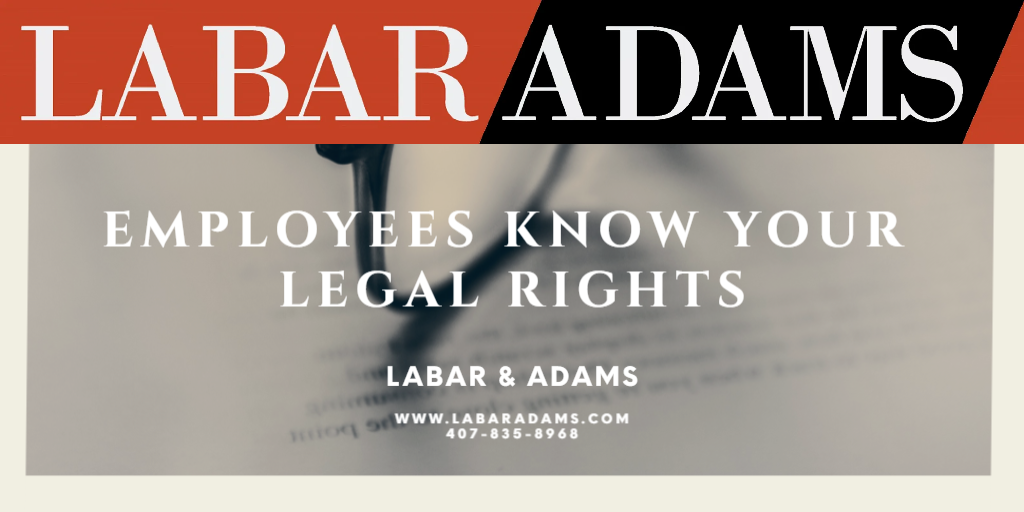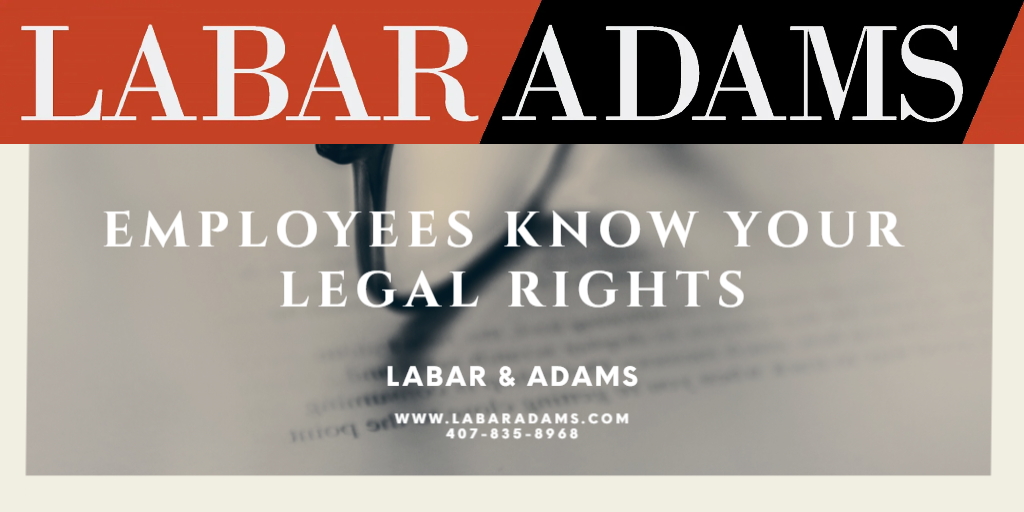There are many employees that have deeply held religious beliefs. Such employees often request that their employers accommodate such beliefs in the workplace. Previously, when met with such a request, many employers would declare that providing the accommodation would require it to bear more than a de minimis cost which is an undue hardship. As such, deny the request.
This type of justification of denying an accommodation because the cost is more than de minimis originates from language in the U.S. Supreme Court case of Trans World Airlines, Inc. v. Hardison. In Hardison, the Court stated “t[o] require TWA [Employer] to bear more than a de minimis cost in order to give Hardison [Employee] Saturdays off is an undue hardship.” This statement was not found in the text of the Federal Civil Rights Act which requires an employer to accommodate the religious practice unless to do so would impose an “under hardship on the conduct of the employer’s business.” 42 U.S.C. § 2000e(j). Yesterday the Court clarified that simply “showing more than a de minimis cost does not suffice to establish “undue hardship” pursuant to the Federal Civil Rights Act.
Rather, to deny the accommodation the employer must demonstrate the accommodation would be an “undue hardship” as those terms are used in common parlance and commonly understood. The Court also clarified that the undue hardship presented by an employer cannot be: (1) coworkers dislike for the religious practice; (2) coworkers dislike for the religious expression in the workplace; or (3) coworkers dislike for the accommodation of the religious practice.
If you or someone you know has been denied a reasonable accommodation because of an undue burden, please contact the employment lawyers at LaBar & Adams, P.A. at 407-835-8968 or www.labaradams.com.





